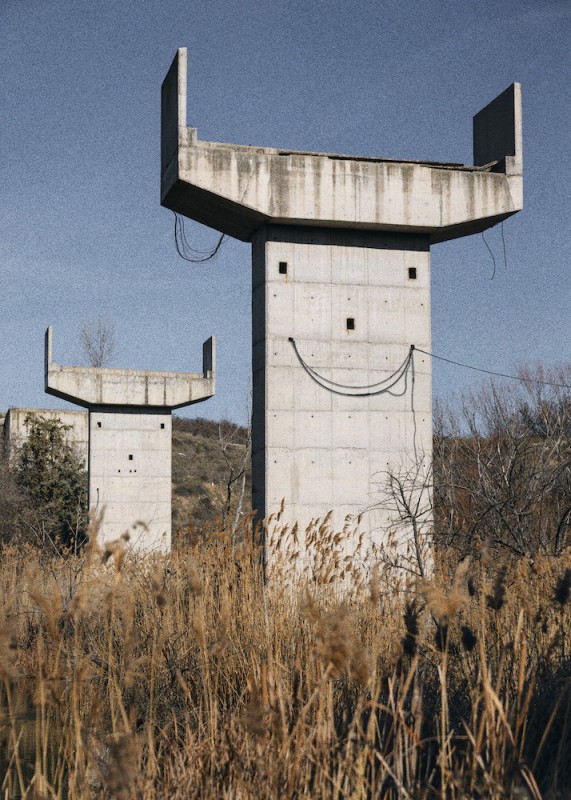Fake Story, Fake Images: The Book of Veles under discussion
Fake Story, Fake Images: The Book of Veles under discussion
October 5, 2021

Jonas Bendiksen, Veles, North Macedonia, 2020, © Jonas Bendiksen | Magnum Photos
Here is a bit of the background: starting from the information that the Trump election in 2016 was manipulated by means of hundreds of fake news websites, that originated in the North Macedonian town of Veles, Bendiksen decided to research the subject in depth, travelling to the city twice to take photographs. “Like with my other projects, photography is always just a tool or an excuse for me to dive head-first into whatever fascinates me at any given time. Here was my chance to grapple with this whole question of where journalism, manipulations, deep fakes, fake news and photography merge – and maybe try to look down the event horizon a bit and imagine where it all might be headed,” Bendiksen says in the Magnum interview. “I started to ask myself the question – how long will it take before we start seeing “documentary photojournalism” that has no other basis in reality than the photographer’s fantasy and a powerful computer graphics card? Will we be able to tell the difference?” Bendiksen decided to put his colleagues and the world of photography to the test, by changing the pictures that he took in Veles. The real photographs show no people – but the book is inhabited by numerous passers-by, supposed bloggers, and even bears that wander the edges of the city. The photographer had elaborately created avatars to place in his pictures. Even the introductory text was put together by an artificial intelligence. The result is a fake news story about fake news producers. Until the day of its publication, only his wife and the publishers knew the truth.
Bendiksen was surprised however, by the fact that no one realised the deception when the book came out. He went a step further and presented the project to a public of experts at the renown photo festival in Perpignan. However, it was only when he explained his actions in the Magnum interview, that he finally exposed himself. Bendiksen will now probably have to explain himself further, but in the meantime he has certainly shaken up our basic trust in engaged photojournalism. “I think in the short term, seeing that I have lied and myself produced fake news, I have in some way undermined the believability of my work. But I do hope that it will be seen as one step back, two steps forward – and that this project will open peoples’ eyes to what lies ahead of us, and what territory photography and journalism is heading into,” Bendiksen explains. Even he himself finds it increasingly difficult to tell the true from the false, he admits.
This trial test that current photojournalism was put to did not turn out well, and photo-journalistic stories should be approached with all the more scepticism in the future: after all, bears and smiling bridge pillars are still relatively harmless modifications.
The Book of Veles+-
Jonas Bendiksen: The Book of Veles
148 pages, 65 colour pictures and 19 historic reproductions.
22 x 16.5 cm, English
Gost

Jonas Bendiksen, Veles, North Macedonia, 2020, © Jonas Bendiksen | Magnum Photos